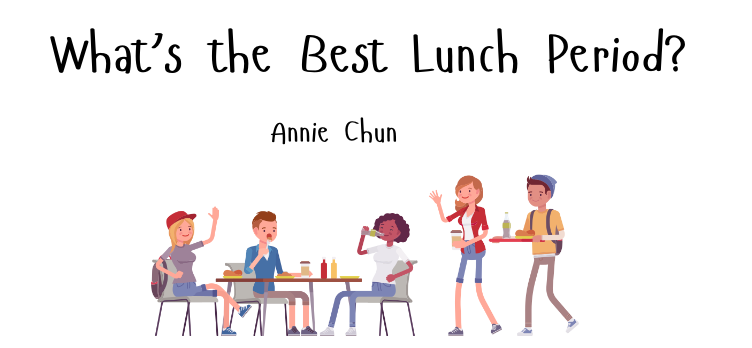“They hate that” someone will claim knowingly, speaking for college admissions officers everywhere. It’s pretty well-known information: you shouldn’t write triumphantly about sports, you shouldn’t write about mission trips in third-world countries, and you should avoid clichés like the plague. Advice on college essays seems to be governed by a complicated maze of rules, following one common theme: be different– by any means necessary– but don’t forget to “be yourself.” This isn’t overly helpful, particularly if being yourself involves delving into topics on the list I just mentioned.
We’re all different, obviously. I don’t mean this in a sunshine, “kumbaya” kind of way, but more as a practical fact. Everyone has their own persona that can’t be reproduced, the same way we all have different fingerprints, different laughs. Given this pluralism, it’s hard to imagine a system capable of quantifying the diverse personalities of hundreds of thousands of people; that is, until we see the Common Application.
Suddenly, we find that our lives are not as intangible as we thought they were. Suddenly, we are struck with the sobering fact that our very being can be reduced to a fill-in-the-blank questionnaire, cumulative transcript, test scores, and an essay. Click. You’ve just sent a representation of your existence out into the world for judgement.
How is one to stand out? How can you show the people on the other side that you are YOU, and not just a 2150 on the SAT?
This is where the obsession comes in. I can understand why people put such an emphasis on the essay: it gives one a chance to play a more active role in the process, and to stray away from the monotonous facts of one’s life. People like to have control, and the essay portion yields a bit of that to applicants by letting them steer the conversation for a while.
“Some students have a background or story that is so central to their identity that they believe their application would be incomplete without it. If this sounds like you, then please share your story.” This is one of the prompts from the 2013 and 2014 Common Application. Sounds simple enough, right? Wrong.
Say, hypothetically, that you went to Uganda with your church and built schools for children in poverty. In the time that you spent abroad, odds are you transformed a lot as a person; you probably started to appreciate your life more, became more conscientious of your resources, and maybe even learned to be a little more independent. Your friend, who may have gone on a similar mission trip experience, most likely acquired a transformed outlook on life as well. But here’s the thing: you didn’t change in the same way, there is nothing identical about your experiences. She didn’t hold the same children that you did, or laugh at the same jokes in the market. Your friend didn’t have to run two miles to get water for someone in the village who was dehydrated, or pick up conversational Swahili. You weren’t there playing the role as “American abroad saves the world,” you were there being you. There are details that people forget about and there are actual human beings behind these essays. Saying that something as transformative– and GOOD, for the record– as a mission trip is a “cliché” just validates how the pursuit of well-rounded individualism can often stunt ones ability to actually be a well-rounded person.
“Don’t write about being good at sports.” But what if you are good at sports? What if you wake up every morning two hours before school to watch Sports Center on ESPN, and have seen the movie “Miracle” more times than you can remember? What if doctors told you that you would never run again, and now you’re the captain of the lacrosse team? Life-changing experiences, such as this, shouldn’t be taken away from people simply because someone, somewhere, decided that they were too mainstream.
College applicants are being instructed to shun certain parts of themselves, as if any characteristic that is even marginally cliché (or could be construed as so) is dead weight. This is sad.
“Be different,” they say, “write about something totally weird!” While the encouragement is admirable, not everyone is “weird.” Personalities vary, and telling hundreds of thousands of people to ALL be absolutely eccentric in their college essays does nothing more than perpetuate this theme of disingenuous submissions. Concern over uniqueness often causes content to sacrifice.
Being yourself isn’t just about not being like everybody else. Somewhere between the SAT scores and the AP grades, we seem to have forgotten this… in 650 words or less.




